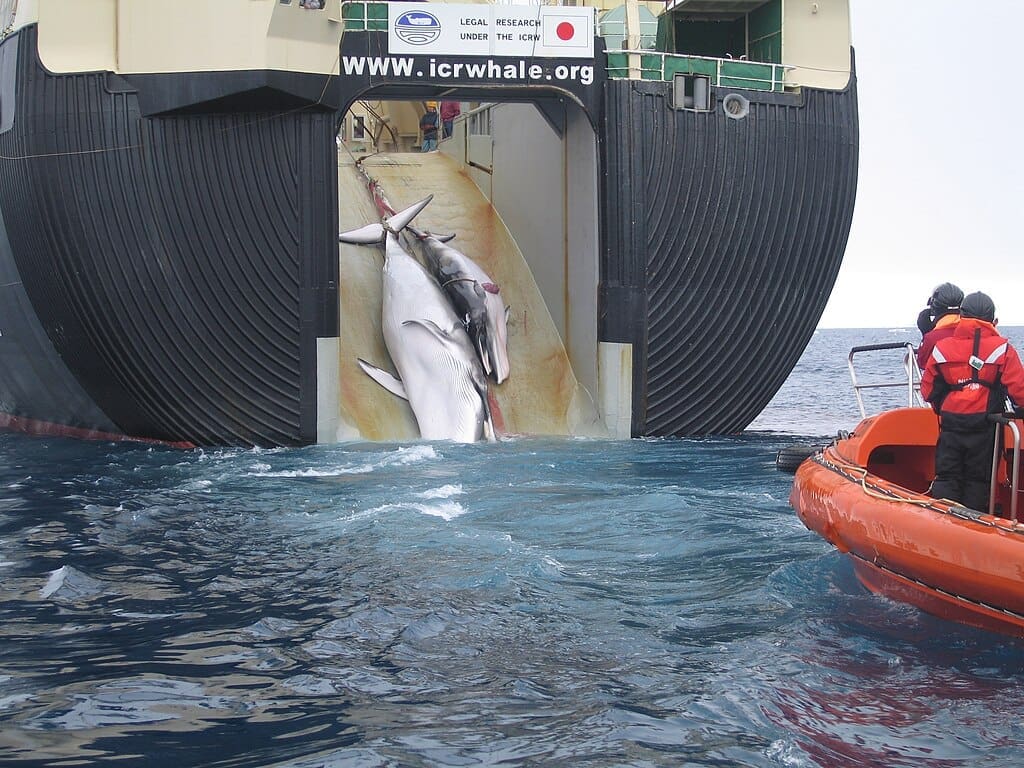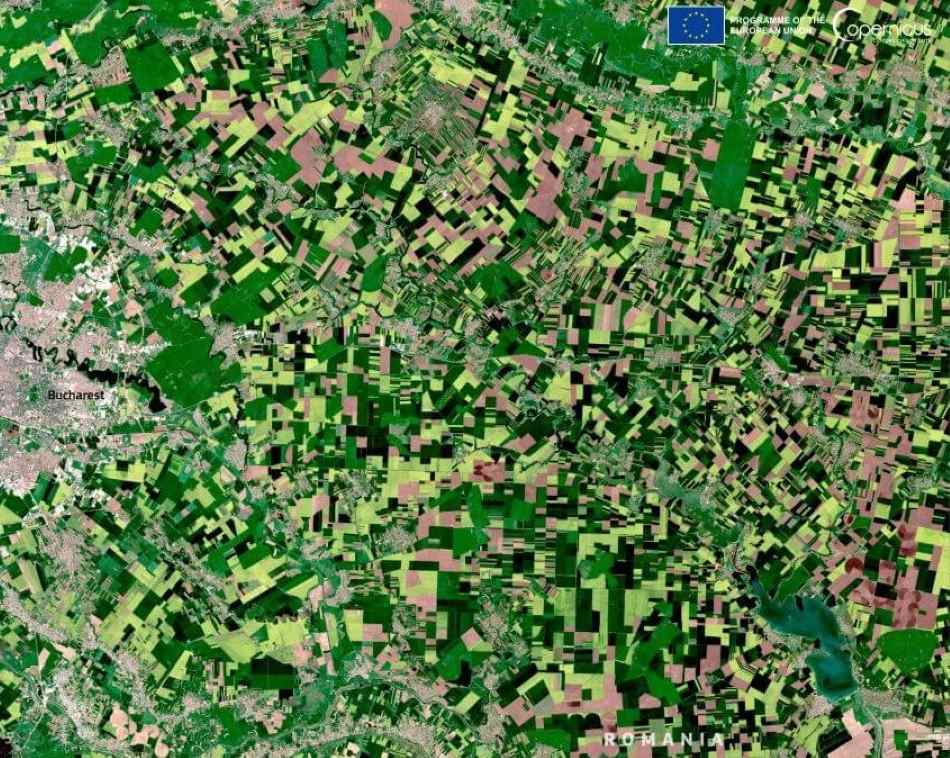Reykjavik, Iceland | AFP – Iceland, one of only three countries still allowing whale hunting, on Thursday issued permits to two whaling companies for the next five years, until 2029, the outgoing government announced.
The decision was denounced by animal rights activists and environmental groups, who criticised the fact that it had been taken by a caretaker government.
The permits allow for annual catches of 209 fin whales and 217 minke whales during each year’s whaling season, which runs from mid-June to September, said the government, which lost Saturday’s elections.
Fin whales are listed as a vulnerable species by the International Union for Conservation of Nature (IUCN).
Whaling permits are normally delivered for five-year periods, but the last ones expired in 2023. The only remaining active whaling ship, the Hvalur, was asking for and receiving renewals to its permit every year.
Thursday’s decision was slammed in a joint statement by Iceland’s environment association and its youth wing.
“Democracy is not respected and the issuing of permits violates the interests of the climate, of nature and of the well-being of animals,” they said.
The Whale and Dolphin Conservation charity also denounced the permits.
“We are disgusted by the decision,” they said in a statement, in which they also argued that it was “highly unethical” for a caretaker government to make such a decision.
The Captain Paul Watson Foundation took a similar view, criticising what it called a “shocking abuse of power”.
The foundation’s founder, Paul Watson, is currently being held by the Greenland authorities, after being arrested in July in Nuuk, capital of the Danish autonomous territory.
He was detained on a 2012 Japanese arrest warrant, which accuses him of causing damage to a whaling ship in the Antarctic in 2010 and injuring a whaler.
– Critical report –
Last year, Iceland suspended whaling for two months after a government-commissioned inquiry concluded the methods used did not comply with animal welfare laws.
Monitoring by the government’s veterinary agency showed that the hunters’ explosive harpoons were causing the whales prolonged agony, with the hunt lasting up to five hours after they had been harpooned.
The shortened 2023 season, which lasted only three weeks, ended with 24 fin whales killed. The quota was for a total of 209 whales.
Another company hung up its harpoons for good in 2020, saying that whaling was no longer profitable.
Iceland, Norway and Japan are the only three countries that allow commercial whaling.
They face fierce opposition from animal rights activists.
str-cbw/jj/sbk/gv
© Agence France-Presse
Featured image credit: Australian Customs and Border Protection Service | CC BY-SA 3.0 AU




